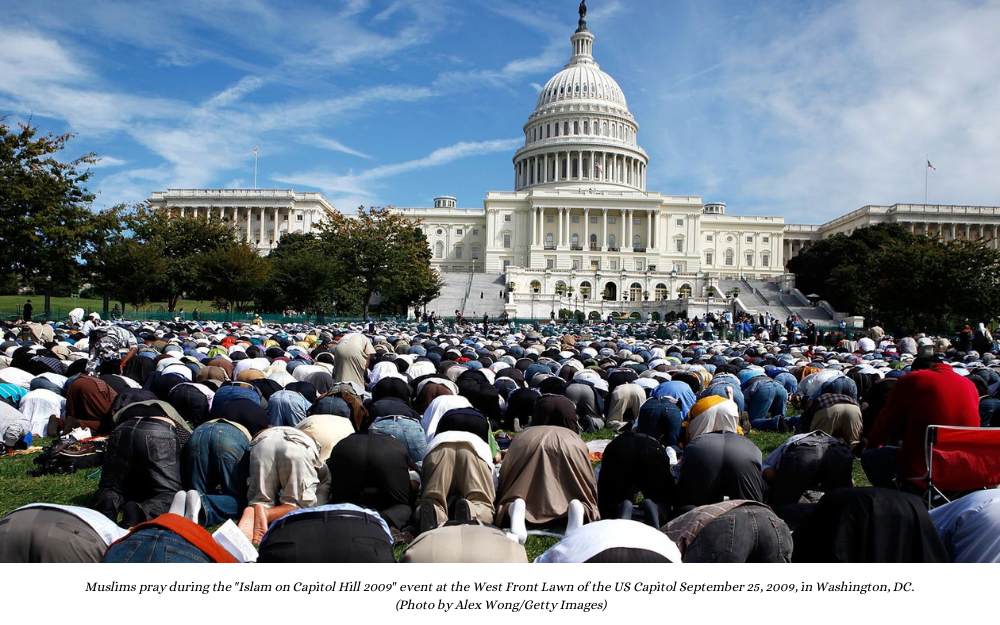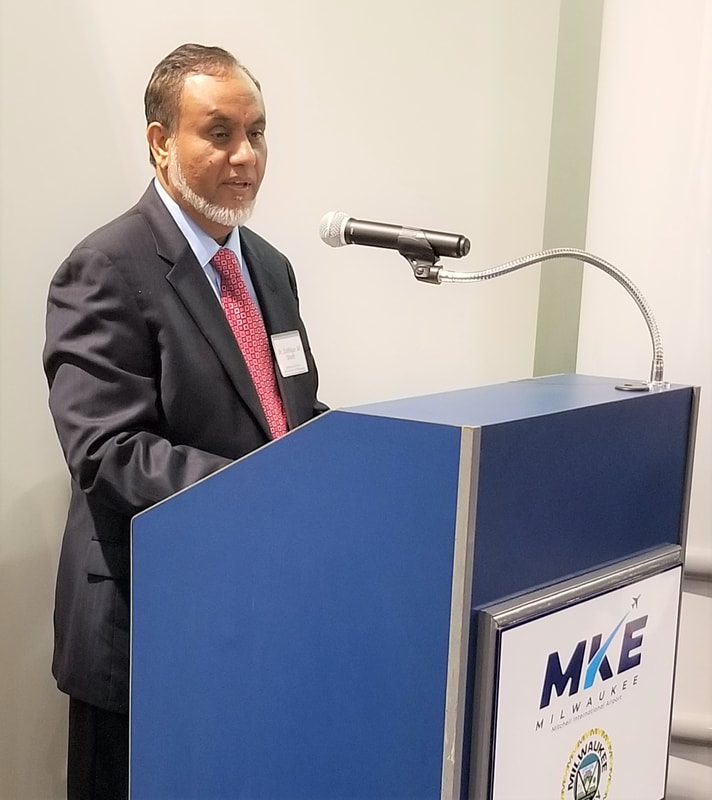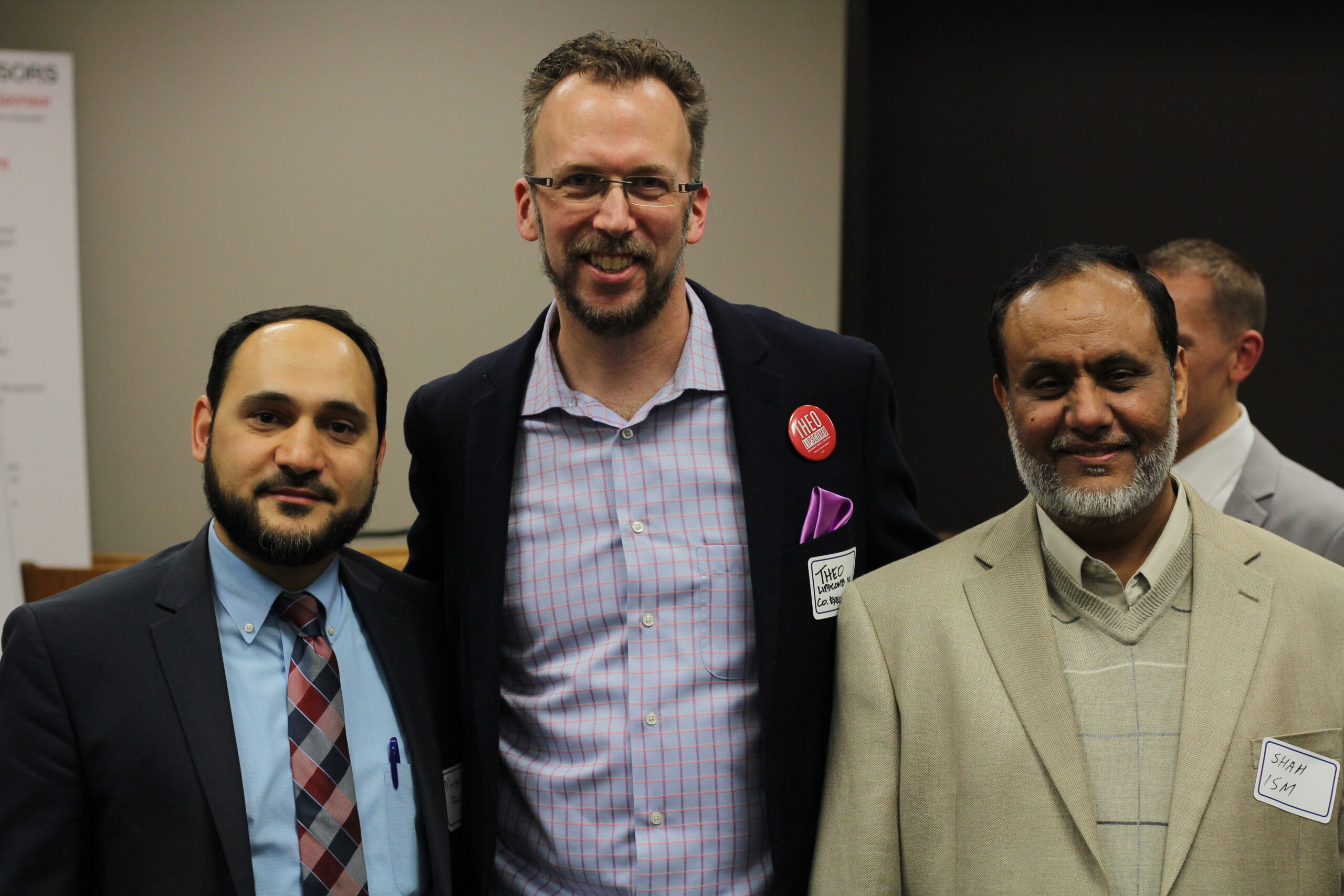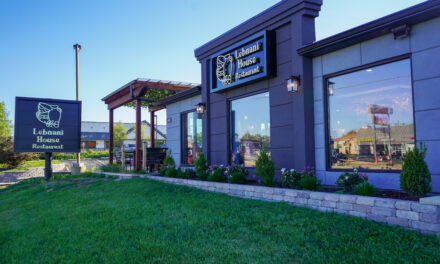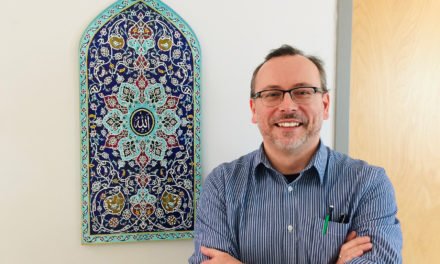As a historic election season in the U.S. winds down to its legal and mostly peaceful conclusion, the tense situation developing in France has perhaps been overlooked by many in this country.
Because of two incidents which have been defined as terrorism, the “gruesome beheading” of a teacher by an 18-year-old Muslim extremist and what officials believe was an “Islamist terror attack in Nice” in late October, the French government is once again pointing fingers at the entire Muslim community and demanding a particular response. Algerian Muslims and others who have lived in France their entire lives are thinking they should leave that country because of problems caused by lack of opportunity and segregation, but the “public debate, largely fueled by President Emmanuel Macron’s own ministers,” consists of the usual charges that Muslims need to be more “secular.”
By contrast, in the U.S., despite Donald Trump’s Muslim travel ban and his remark that “Islam is not our friend,” except for his “very rich” Muslim friends who were never banned, Muslims have gone about their business, helping to feed those left without food due to loss of jobs during the pandemic, working in hospitals as doctors and nurses, running their stores and businesses, and voting in record numbers.
Terror is a concern in the U.S., but White Supremacist violence is by far the greater source of terror according to the FBI. But in the United States, Dr. Zulfiqar Shah says that Muslims have assimilated and feel accepted and appreciated.
Shah has been working on a book due to come out in January 2021 in the U.K. called, Islam and the European and American Enlightenment, in which he examines the contrasting situation in the two countries.
“What is the difference between the U.S. and the French situation?” he said during a phone conversation. “There is more equality here [in the U.S.] than in France. In France, the problem is that there is so much segregation. When you have more assimilation,” you have more satisfaction, Shah said. “
Given the depleted European population in the second half of the 20th century and its generally low birth rates, Europe imported much of its working-class labor force. “The factories of France employed immigrants. When that situation collapsed, a large group of immigrants now became a burden and France wants them to leave. As long as they don’t leave, [the French] are segregating them to an extent,” Dr. Shah said.
Muslims are a relatively small slice of the European population overall, about 5%, but in France, Muslims make up about 8.8% of the total population.
“Religion is a reflection of the economic and political situation,” Dr. Shah said, “a galvanizing power [for people] to express their frustrations. Here in America, people feel accommodated, they feel assimilated, and they feel appreciated, so they tend not to radicalize. “
However, that does not mean that some aspects of politics in this divided land are not problematic
As Dr. Shah writes in the introduction to his article, “Islam and America’s Founding,” which is a chapter in his forthcoming book, “The [Christian] Evangelists claim that not only did America have a Christian founding, but virtually all of the Founders were Bible-believing, Christ-loving, devout and orthodox Christians.” Dr. Shah points to Tim LaHaye, author of the bestselling Left Behind book series, who wrote that President John Adams was “deeply committed to Jesus Christ and the use of Biblical principles in governing the nation,” and George Washington if he were alive today, “would freely associate with the Bible-believing branch of evangelical Christianity.”
But Dr. Shah, for one, doubts it. Not only did the Founders write religious tolerance into the Constitution, they were indisputably dedicated to the separation of Church and State, which is written into the Constitution, which states that “Congress shall make no law respecting an establishment of religion, or prohibiting the free exercise thereof.”
While today’s the United States is “predominantly Christian and the Founding Fathers were born in Christian households,” Dr. Shah asserts that “their Christian beliefs were not orthodox.” Many of the Framers believed in what Shah says was called a “Muhammadan Christianity” also known today as Unitarianism. “They denied central Christian beliefs such as the Trinity, Jesus’ divinity, original sin and human depravity, Jesus dying for human sins, salvation through grace and Bible being the Word of God,” and followed the English and French Unitarians in contending that the “Bible was corrupted, Jesus was a human prophetic Messiah, that there was only One God without a son or equal; the Trinity was blasphemy and that moral actions were needed for human salvation.”
These beliefs were at odds with some of the Calvinist doctrines of the Puritans who came to this country in the 17th Century. Shah says that Founding Fathers like “Benjamin Franklin, John Adams, Thomas Jefferson, and Thomas Pain were followers of English Unitarians and Deists who were called Muhammadan by their orthodox opponents. Thomas Jefferson was called an outright Muslim (in 1791 and during the elections of 1800) by his Federalist opponents,” Dr. Shah writes.
Left to right Munjed Ahmed, Theo Lipscomb & Dr. Shah at Wisconsin Muslim Civic Alliance’s “Meet The Candidate ” gathering.
These links to Islam among the founders should not come as a surprise, given that Muslims had lived in the Colonies since their founding. Indeed, Laila Lalami, writing in the New York Times Sunday Magazine, reveals that Muslims have lived in America “since before there was an English colony at Jamestown. In fact, the earliest Muslims to land in this country arrived here with Spanish expeditions” and were often brought here as slaves in the 16th century.
According to Dr. Shah, the bridge between the U.S. constitution and Islam may lie in the connection between the first Arab scholar in the Western World, Edward Pococke of Oxford University, who may have been a tutor of John Locke, the philosopher who gave our Constitution its focus on “life, liberty, and the pursuit of happiness,” which Dr. Shah says is the “American Dream.”
But isn’t the American Dream, owning your own home and having two cars in the garage?
“Self-interest translates into prosperity, and that’s why it’s called the American Dream – Islam added those pieces – family, property, intellectual freedom,” Dr. Shah said.
As for France, Dr. Shah has a perfect response: “President Emmanuel Macron contends that Islam all over the world is in crisis. He wants Enlightenment Islam. While absolutely condemning Samuel Paty’s barbaric murder, we want to remind the President that Islam is not in crisis but Muslims are. The French Muslims will definitely be enlightened when the French Republic will treat them equally.”
